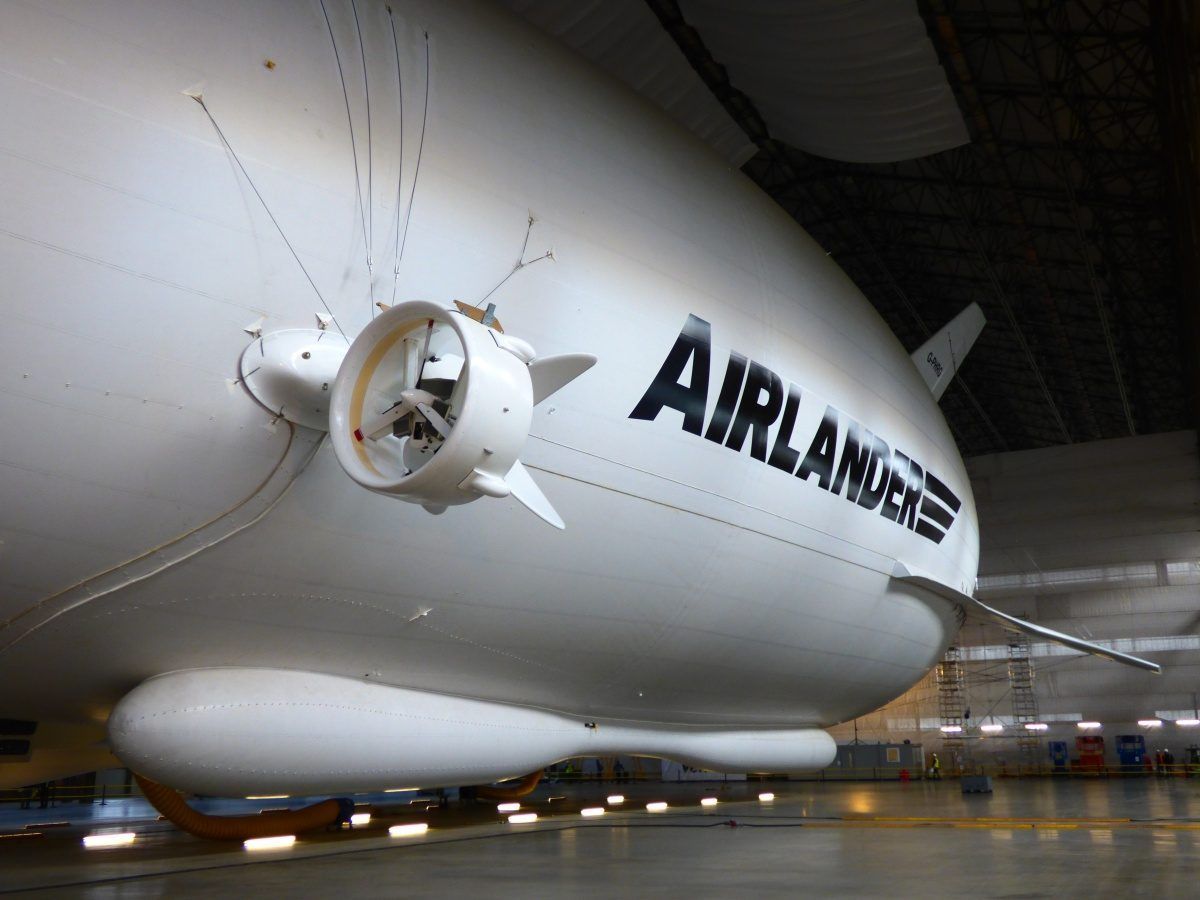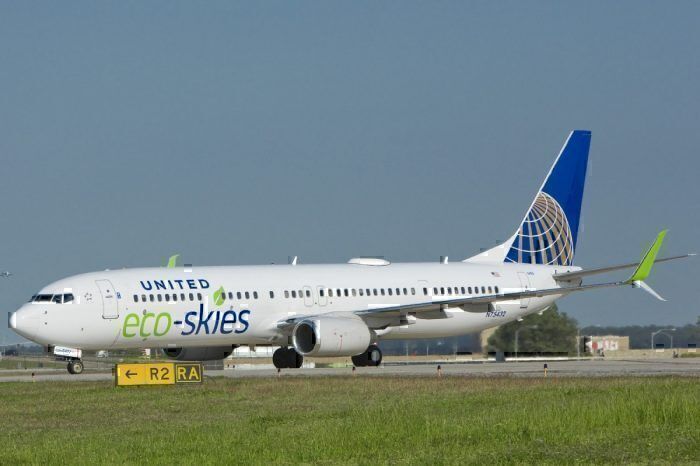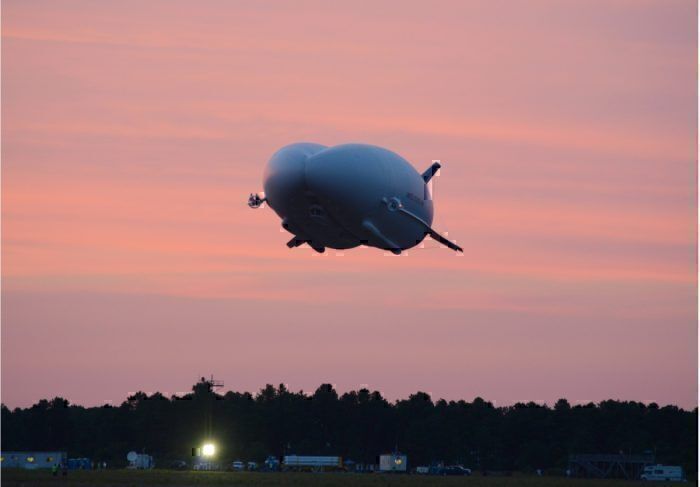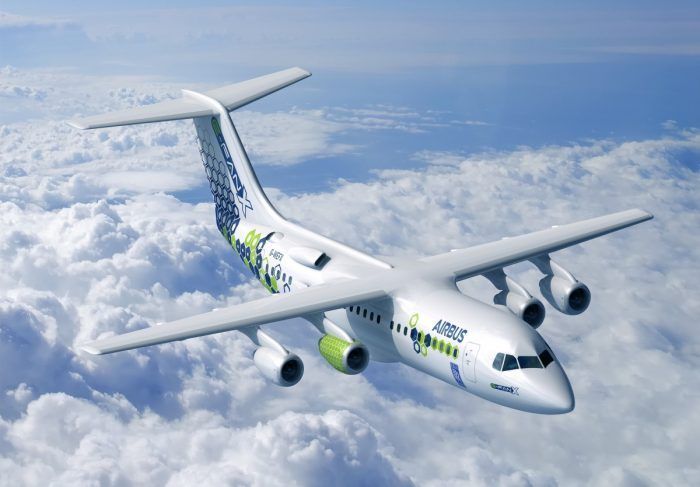The modern trend in aviation is towards more fuel-efficient flying. Through advanced engine technology and aircraft design, the aim for increased fuel efficiency is clear. However, greater fuel efficiency does not entirely remove emissions from air travel. With multiple proposals out there, could emission free-flying be the next major step in aviation?
Making flying more eco-friendly
One of the biggest goals in the 21st century is reducing air travel emissions to the absolute minimum possible. Several countries and airlines have taken up initiatives designed to reduce the environmental impact of aviation. In addition, biofuels have been identified as one way to improve the environmental footprint of flying.
Airlines are now taking delivery of aircraft with biofuels. And, in passenger service, biofuels are powering more aircraft than ever before. The number of flights operated using biofuels is also expected to rise.
However, there are some other proposals that eliminate emissions entirely.
Could emissions-free flying work?
One possibility when it comes to flying involves slowing down the speed of travel. Proposals, such as the Airlander, would involve lengthening the flight time. For those in premium cabins, this means more time to sleep between meals. However, most passengers would rather arrive at their destination sooner rather than later.
Furthermore, lengthening the time of a flight means slower turnarounds and less utilization of an aircraft across multiple routes. Consequently, airlines would need to operate a larger number of such aircraft. Although, British Airways' CEO Alex Cruz seems open to the idea.
Outside this concept, Airbus has been working on the idea of electric aircraft. The A320 is one aircraft that Airbus seems interested in converting to a hybrid aircraft. In addition to this concept, Airbus has also worked on something called the E-Fan X. This is a hybrid-electric aircraft.
This demonstrator represents a serious commitment from Airbus, Rolls Royce, and Siemens towards hybrid-electric flight. An all-electric aircraft is unrealistic in the foreseeable future. Ideally, this aircraft would be one of the most efficient models. The ultimate goal is a commercial jet that can be powered with hybrid-electric technology while maintaining flight times.
Overall
It is unlikely that many airlines would sign on to slower, emissions-free flying. While good for the planet, these kinds of aircraft would create difficulties in airline operations and reduce the time efficiency that air travel has achieved. What is more likely is the development of hybrid-electric flight. Should such innovations occur, it is likely that the aviation world's carbon footprint would go down significantly.
Would you prefer hybrid-electric flight or slower, emissions-free flights? Which do you think is more likely to occur on a widespread basis? Let us know in the comments!




